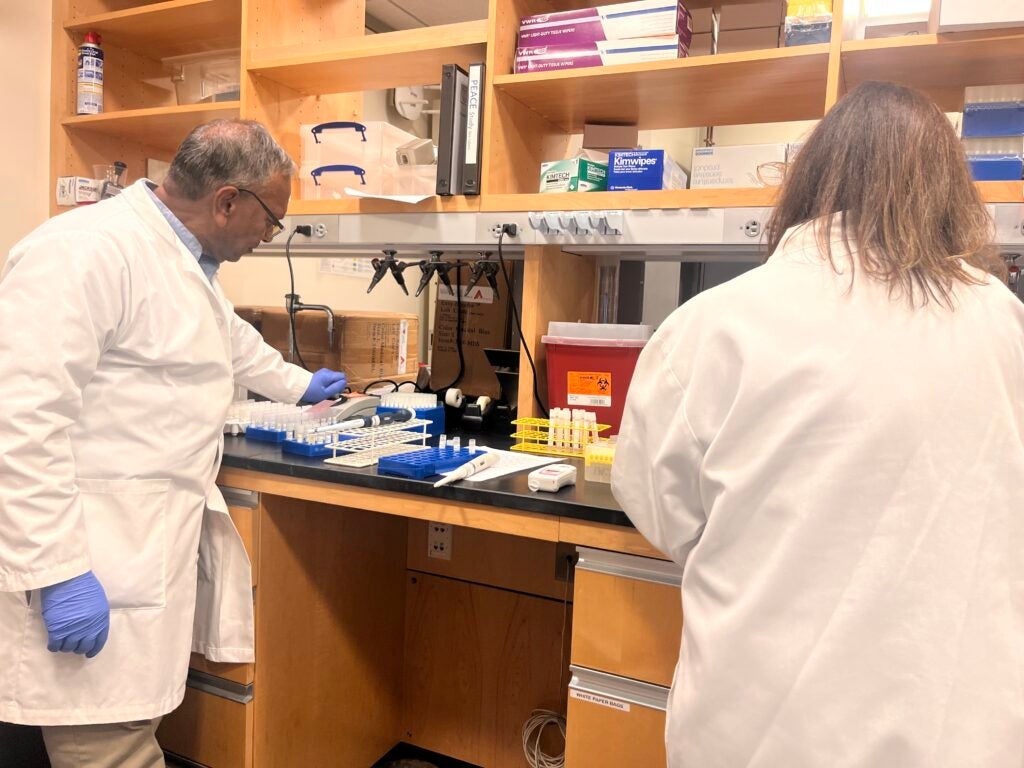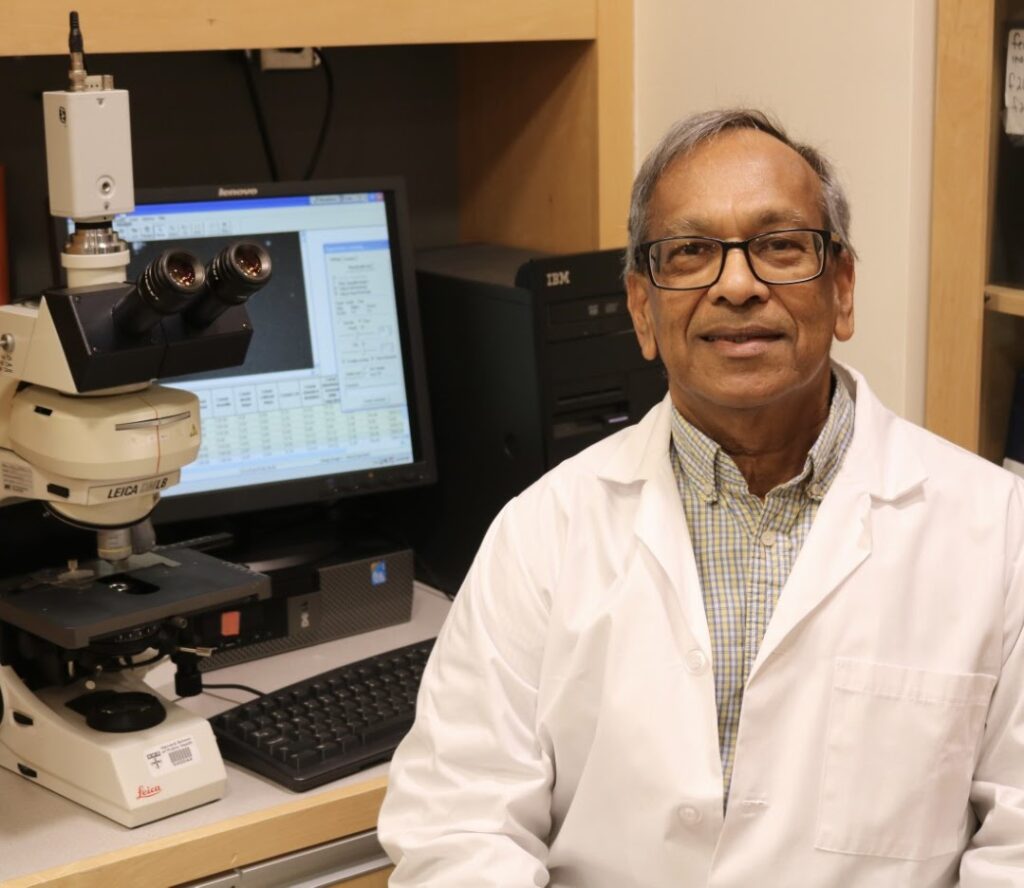Hauser Lab
The Hauser Lab’s research program focuses on the effect of environmental chemical exposures on male and female fertility, pregnancy outcomes, women’s health, and children’s health. Of interest are chemicals that disrupt the endocrine system, called endocrine disruptors.
665 Huntington Ave.
Building 1, Room 1408
Boston, MA 02115

Hauser Lab Research Program
Effect of Environmental Exposures on Fertility, Pregnancy Outcomes, Women’s Health, and Children’s Health
The Hauser Lab’s research focuses on reproductive, perinatal, and pediatric epidemiology. Dr. Hauser led the NIH-funded Environment and Reproductive Health (EARTH) Study in collaboration with physicians and staff from Massachusetts General Hospital, Harvard Medical School. The study investigated the effects of chemicals classified as endocrine disruptors on male and female reproductive health endpoints. He is also conducting an NIH-funded study on the effect of maternal and paternal preconception exposures to environmental chemicals on children’s health. This study, referred to as the Preconception Environmental exposure And Childhood health Effect (PEACE) study, is co-led with faculty from Brown University School of Public Health. The goal of our research is to increase understanding of the health effects of chemical exposures so healthcare and public health professionals can use this information to educate the public, guide government policies, and improve patient care.












